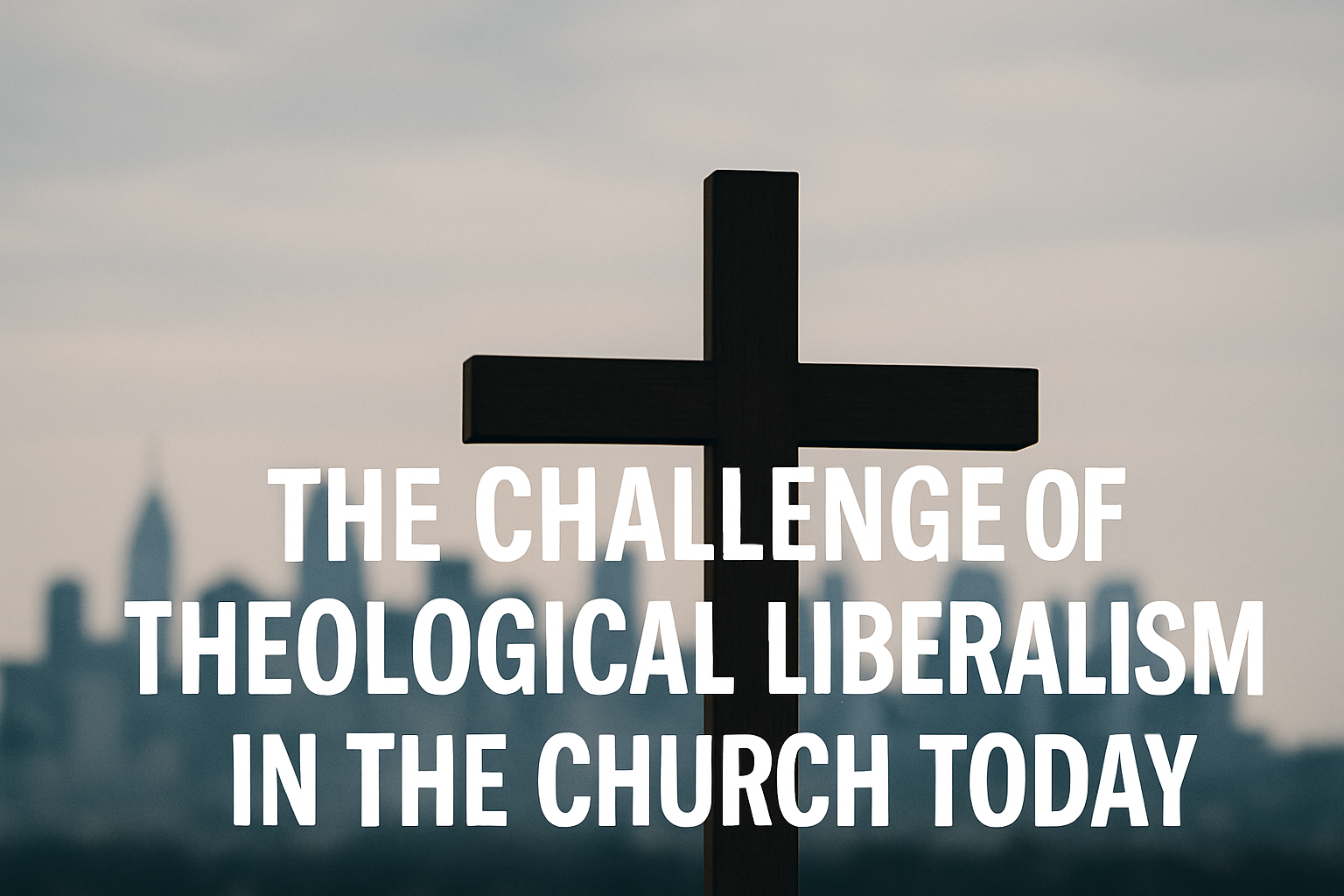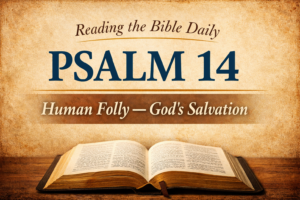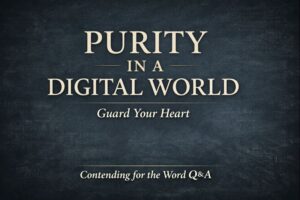⏱️ Estimated Reading Time: 3 min read
Contending for the Word, September 13, 2025
The Challenge of Theological Liberalism and Why It Matters for the Church
Written by Dave Jenkins
Introduction
The term theological liberalism gets used a lot, but what does it actually mean? At its core, theological liberalism is a system of thought that elevates human reason and cultural relevance above the authority of Scripture. It arose in the late eighteenth and nineteenth centuries as theologians sought to reinterpret the Christian faith in light of modern science, philosophy, and cultural shifts. While it often claimed to preserve Christianity, in reality it stripped away the supernatural elements of the faith and undermined the authority of God’s Word.
Q&A: What Is Theological Liberalism?
Theological liberalism insists that Christianity must adapt to modern culture in order to survive. Instead of submitting to the authority of Scripture, it reinterprets or discards biblical truths that conflict with contemporary thinking.
- Scripture is reduced, rather than the inspired and inerrant Word of God, the Bible is treated as a human record of religious experiences.
- Doctrine is minimized, miracles, the virgin birth, the deity of Christ, His substitutionary atonement, and the resurrection are often denied or redefined.
- Man is exalted, human reason, experience, and moral progress become the final standard of truth.
Why Is It Dangerous?
Theological liberalism is not a harmless alternative perspective, it is a direct attack on the faith once for all delivered to the saints (Jude 3). By undermining the authority of Scripture and the gospel itself, it leads people away from the saving truth of Christ.
- It empties the gospel of its power (1 Cor. 1:18).
- It replaces God’s truth with human wisdom (Col. 2:8).
- It produces churches that look religious but deny the power of God (2 Tim. 3:5).
How Should Christians Respond?
Christians must be on guard against theological liberalism, both in the culture and in the church.
- Hold fast to Scripture, the Bible is God’s inspired, inerrant, and sufficient Word (2 Tim. 3:16–17).
- Contend for the faith, stand firm on the essential truths of the gospel (Gal. 1:6–9).
- Stay rooted in Christ, He is the same yesterday, today, and forever (Heb. 13:8).
Conclusion
Theological liberalism may present itself as intellectual and compassionate, but it is, in reality, a denial of the gospel. True Christianity is not about accommodating the culture, it is about proclaiming Christ crucified and risen. Our call is to cling to God’s Word, trust His promises, and hold forth the truth in love.
For more from Contending for the Word Q&A visit us at Servants of Grace or at our YouTube.
Dave Jenkins is happily married to his wife, Sarah. He is a writer, editor, and speaker living in beautiful Southern Oregon. Dave is a lover of Christ, His people, the Church, and sound theology. He serves as the Executive Director of Servants of Grace Ministries, the Executive Editor of Theology for Life Magazine, the Host and Producer of Equipping You in Grace Podcast, and is a contributor to and producer of Contending for the Word. He is the author of The Word Explored: The Problem of Biblical Illiteracy and What To Do About It (House to House, 2021), The Word Matters: Defending Biblical Authority Against the Spirit of the Age (G3 Press, 2022), and Contentment: The Journey of a Lifetime (Theology for Life, 2024). You can find him on Facebook, Twitter, Instagram, Youtube, or read his newsletter. Dave loves to spend time with his wife, going to movies, eating at a nice restaurant, or going out for a round of golf with a good friend. He is also a voracious reader, in particular of Reformed theology, and the Puritans. You will often find him when he’s not busy with ministry reading a pile of the latest books from a wide variety of Christian publishers. Dave received his M.A.R. and M.Div through Liberty Baptist Theological Seminary.




